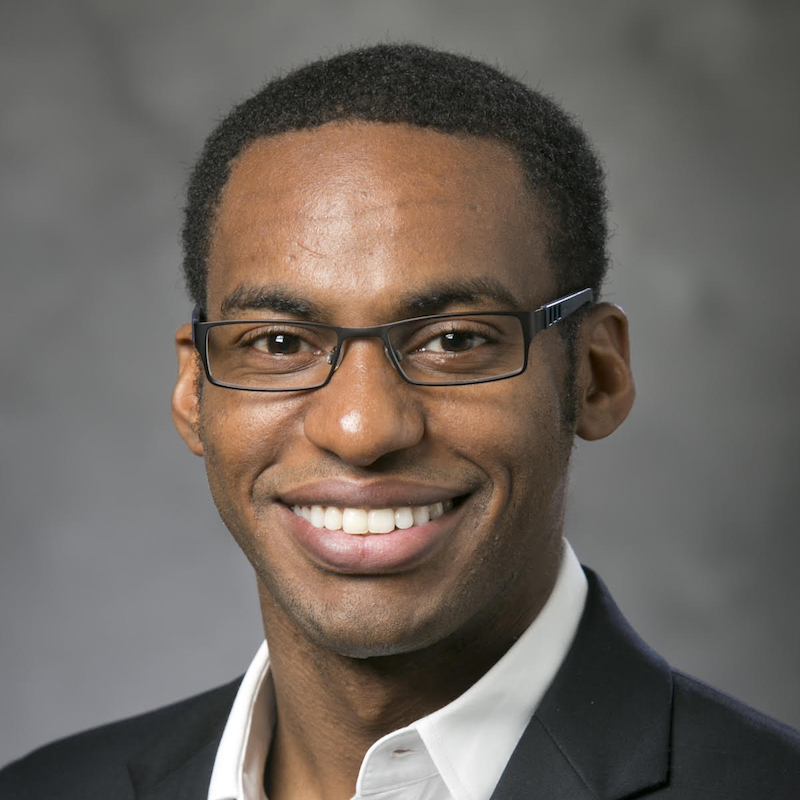
Theophilus Benson
Professor, Electrical and Computer Engineering
Contact
Pittsburgh, PA 15213
- CIC 4106
Pittsburgh, PA 15213
Bio
Theophilus A. Benson is an Electrical and Computer Engineering Professor at Carnegie Mellon University. He earned his B.S. from Tufts, Ph.D. from U of Wisconsin - Madison, and post-doctorate from Princeton. Prof. Benson's research focuses on improving the performance and availability of computer networks. In particular, he works with a broad set of cloud providers to improve their infrastructures. He recently has been developing an initiative to address the digital divide in the global south. His research was recognized by paper awards, including IMC, EuroSYS, ANRP. Dr. Benson received the SIGCOMM Test of Time Award, NSF CAREER Award, NEC Faculty Award, Google Faculty Award, Facebook Faculty Award (X2), and Faculty Research and Engagement Program (X2). Prof. Benson was recently named to DARPA's ISAT (Information Science and Technology) study group.Education
Ph.D., 2012
University of Wisconsin, Madison
M.S., 2008
University of Wisconsin, Madison
B.S., 2004
Tufts University
Research
Democratizing Mobile Web Performance:
In this work, we revisit the fundamental assumptions behind how infrastructure is designed and built. In particular, our focus lies on understanding how non-technical factors, e.g., economics, policy, and other societal factors impact deployment performance. We plan to: (1) create measurements to identify and discover these non-technical factors, and (2) develop models that allow us to understand how changing or altering these non-technical factors impacts infrastructure performance.
Systems Abstractions for Programmable Infrastructures (eBPF):
Programmable infrastructures, e.g., eBPF, introduce unparalleled flexibility into modern infrastructures. However, we lack the frameworks and abstractions to simply the process of developing against these paradigms or managing the resulting programs. As part of designing these abstractions, we work with a consortium of researchers and industry to ensure that our approaches are both practical and simultaneously innovative.
Keywords
- Cloud computing
- Distributed systems
- Networking
- Digital divide
- Machine learning for systems